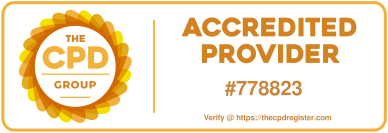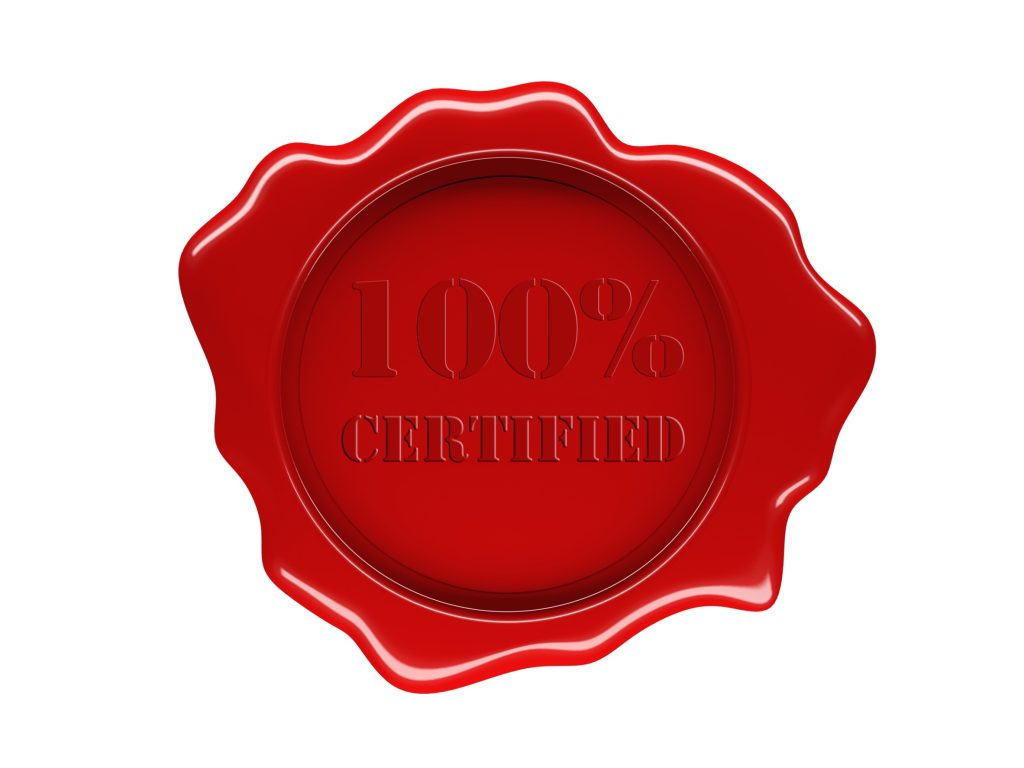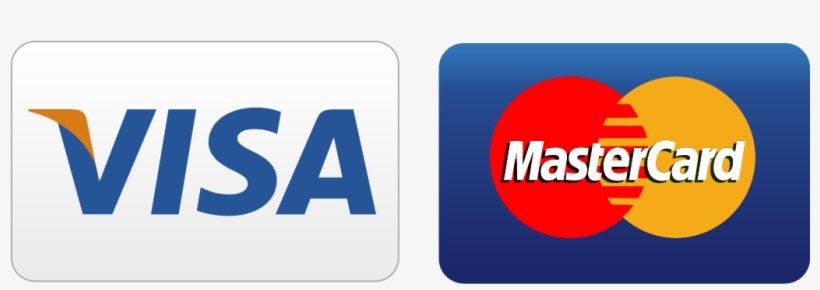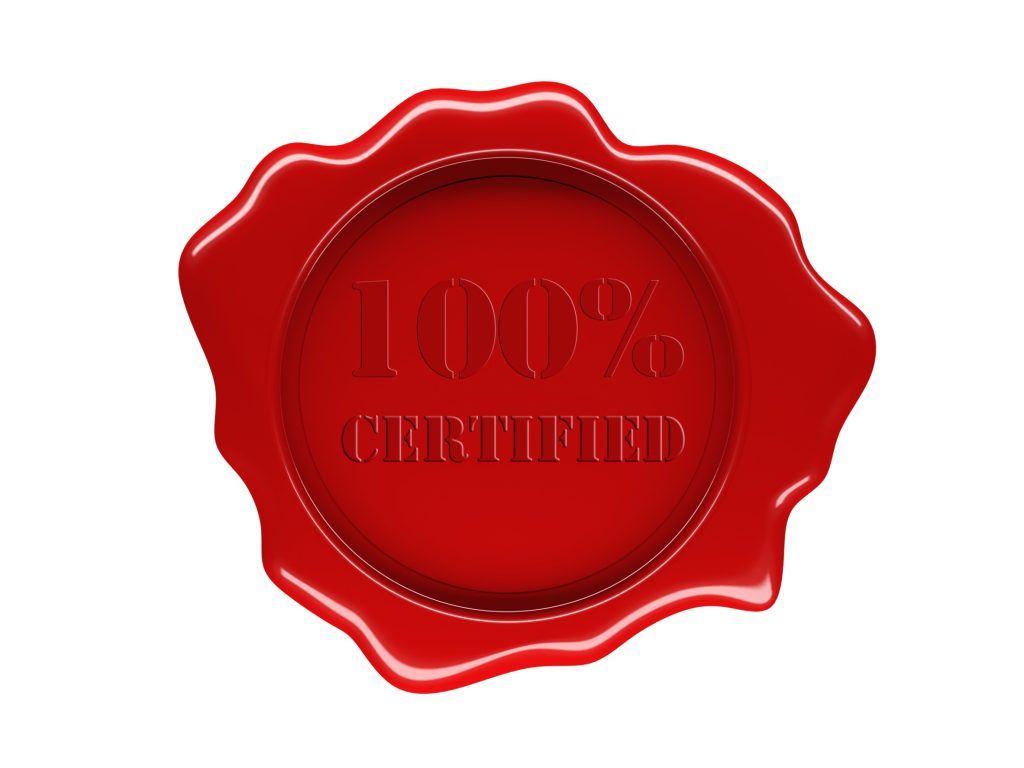Care Certificate Course 15 Standards
Skills For Care Approved
CPD Accredited
Instant Access
Instant Certificate
Learn From Any Device
Highly interactive
Meet current CQC & other regulating body requirements

Are you looking to secure a role as a care giver in the UK?
The course below is the required qualification for potential care givers.
Care Certificate Course 15 Standards
The Care Certificate is an agreed set of 15 standards that define the knowledge, skills and behaviours expected of specific job roles in the health and social care sectors. The 15 standards are:
- Understand your role
- Your Personal development
- Duty of care
- Equality and diversity
- Work in a person centred way
- Communication
- Privacy and dignity
- Fluids and nutrition
- Awareness of mental health, dementia and learning disability
- Safeguarding adults
- Safeguarding Children
- Basic Life Support
- Health and Safety
- Handling information
- Infection Control
Care Certificate is the new minimum standards that should be covered as part of induction training for new care workers. It has been designed to provide all carers starting out in the health and social care setting with the skills and knowledge required to work effectively and applies to all health and social care settings,
This course should be covered by for all individuals new to the care sector and has been jointly developed by Skills for Care, Health Education England and Skills for Health. It is designed to provide the learner with all the necessary knowledge & skills required to provide appropriate care and support in order to meet the set standards on quality and safety.
Our Care Certificate gives candidates the introductory skills, knowledge and behaviours to provide compassionate, safe and high quality care and support. It meets the minimum set requirements as set by Skills for Care and links to the National Occupational Standards and has been developed in conjunction with Skills for Health.
Most employers require all potential staff to undertake mandatory courses yearly. These differ from employer to employer . Please check with your employer which courses are most suitable for you. We however recommend all new staff to the Health & Social care industry to undertake the Care Certificate. This provides you with most of the necessary basic skills required to begin your health and social care career. As per UK requirement, all care givers coming from overseas are required to attain certain qualifications in the Health and Social Care Industry.
Our certificates are fully verifiable using the Verify certificate tool on our website.
Who is this Care Certificate for?
While the Care Certificate has been designed for new workers new to care, experienced individuals in the sector would benefit by completing it as it would affirm, refresh and improve their knowledge.
Health Care workers and Adult Social workers working in the following capacity will be expected to complete the care certificate
- Health Care Assistants
- Assistant Practitioners
- Any individual giving support to clinical roles in the NHS where there is any direct contact with patients.
Adult Social Care Workers including :
- Care Assistants
- Care Workers
- Home Care Workers
- Care Support Workers
Our courses are:
- CPD accredited
- Competitively priced
- Broken down to easy to learn chunks
- Accessible on any device (laptop, tablet, phone)
- Highly interactive and engaging with great visuals
- Meet current CQC & other regulating body requirements
Assessment
Upon the successful completion of all the fifteen (15) standards, go to the dashboard and select a course called “The Care Certificate”, to obtain a general certificate with all the fifteen (15) standards included.
Certification


The CPD Group has recognised all of our courses as adhering to generally recognised standards for Continuing Professional Development (CPD).
When the course is successfully completed, a quality assured certificate will be issued to you. This can be utilised as proof of conformity and audit.
The renewal term for this course is suggested to be 1 year based on industry best practise guidelines. This suggested renewal date will be printed on your certificate.
How do our courses work?

1. Purchase and payment
Add the course of your choice into the basket. After adding all the courses you require, proceed to our easy checkout procedure to make a payment with a debit card.

2. Course access
After making your purchase, go to your email account, look for an email from Coral & Reed Ltd where you will find the information you need to begin your training (use your username and login using the password you created).

3. Certificate
After successfully completed your course, you can immediately download your digital certificate as a PDF.

4. Continued Support
If at any point during your course you require assistance, our helpful customer support staff is eager to assist you. Please feel free to contact us at admin@coralandreed.co.uk or call us at 01753 463464, and we’ll try our best to address any queries you may have.
Care Certificate Standards
This standard is aimed at introducing the learner to their role. It covers the duties and responsibilities of the worker, the various legislations that govern the health and social care sector. They will understand the importance of working hand in hand with their organisation in line with the company values, aims and objectives and understand their rights of employment and the responsibility of the employer.
This standard introduces the learner to planning their personal development with their employer with the use of a Personal Development Plan. It covers the role of supervision and appraisal in their professional life and their differences. The learner will know the most important knowledge and skills and where to find further learning and development. The standard finalises on the role of feedback, it’s importance and the different types of feedback that they may come across in their working life.
Duty of Care covers the duty that health and social care workers have towards their clients, visitors and other workers in the work place. It discusses the role of comments and complaints in service improvement and how to handle a complaint. It goes on to cover incidents, errors and near misses that may arise in the health and social care work place and the ways of dealing with them. The standard discusses the things that cause conflict between individuals and how to handle conflict in the work place.
Equality and Diversity discusses the importance of understanding that though we are all different, it is importance of inclusion. It covers the different type of discrimination and the various ways of working that can help reduce discrimination according to the Equality Act 2010.
Person Centred Care discusses the values that health and social care workers should hold also known as the 6C’s (Care, Compassion, Competence, Communication, Courage and Commitment). The learner will learn how to put the individual at the centre of their care and support using the values of person centred care.
They will understand their role in promoting person centred values and understand the importance of finding out the history, preferences, wishes and needs of the individual. The standard explains what a care plan is, it’s role and it’s role in the provision of the clients’ care. It summarises handovers, support of individuals during their end of life and the various environmental factors that may cause discomfort or distress.
Standard 6 discusses the importance and role of communication in the process of building good working relationships. It talks about the different types of communication, the various types of relationships and the importance of recognizing unspoken messages. It goes on to cover the various communication needs, wishes and preferences and the various barriers that may hinder effective communication and how to reduce them.
Privacy and Dignity helps the participant understand the importance of exercising privacy in relation while supporting the individual and treating them with value / respect and it’s role in building trust and confidence.
Fluids and Nutrition explores the importance of preparing, handling and storing food safely and hygienically. It explores the different types of contaminants and the role of the health and social care worker in ensuring safety and the different food safety principles according to The Food Safety Act 1990.
It looks at the different types of food groups and how to support the individual in maintaining a balanced diet according to the eat well plate designed by the Public Health England. The course then explores the importance of fluids, malnutrition while taking into account the various types of beliefs and preferences in a person-centred way.
This standard covers the different types of experiences that individuals with mental health, dementia and learning disabilities face and how to support them appropriately. It explores the importance of providing person – centred care and support and the various ways that workers can help to reduce stigma faced by these individuals.
Learners will be able to understand the principles of safeguarding vulnerable adults, appreciate the importance of protecting the client from abuse, neglect, harm and exploitation and their legal responsibilities in regard to the protection of the service user from all forms of abuse, the different types of abuse and their respective signs and indicators. They should be able to respond appropriately to disclosed, suspected or confirmed abuse.
Safeguarding of children, the role of the adult social care worker in relation to child protection and the promotion of their welfare. It discusses the different types of abuse that children may face and their respective signs and indicators as well the harm that may occur in instances where the parent may have a physical, mental or sensory issue. The course covers the rights of children according to the Human Rights Act 1998 and how to respond where issues of abuse have been alleged. It finally looks the internet and the various risks associated with it’s availability to children.
Learners will learn how to conduct a primary assessment prior to assisting a casualty. They will be able to assist an unconscious breathing and an un – conscious non-breathing casualty as well as assist a choking individual. All of the courses above are aligned to the CSTF Framework as per Skills for Care and the learning outcomes meet the learning framework.
This course will enable the learner to understand the importance of safety in Health and Social Care setting. It focuses on meeting the client safety requirements according to CQC quality and safety standards, the legislation, policies and procedures and understand the responsibility of the employee and the employer in regards to safety.
Learners will know the various potential accidents that can happen in an health and social care setting, sudden illnesses, risk assessments, first aid, medication and healthcare activities and tasks, stress, safe handling of hazardous substances (COSHH), RIDDOR, fire safety as well as dealing and handling of waste.
The course will discuss medication and other healthcare related tasks as well as the safe handling of hazardous substances, fire safety and dealing with stress in the working environment.
This standard focuses on the importance of maintaining confidentiality and the responsibility the worker in safeguarding individual information regarding the client, other workers while providing care and support in the health and social care work place.
It looks at the consequences of breaching confidentiality. It looks at the various legislation that govern the handling of information such as The Freedom of Information, Data Protection Act 1998 and it’s associated principles. It looks at the various ways of protecting information in the work place and the role of care plans in good communication.
In this module learners will be able to learn the causes of infectious illnesses, the chain of infection as well as how to break the chain of infection, the workers responsibility regarding the prevention of infectious illnesses by practicing good infection prevention and control measures and the safe disposal of waste.
Frequently asked Questions
No, to enrol on the course please click the button on this page and purchase your course now. You’ll have instant access to start the course straight away.
You do not require a coupon to get started.
Yes of course, you can access your course at any time, from anywhere, on any day as long as you have an internet connection and a gadget.
The Care Certificate can be done by any professional with or without prior qualifications.
The course duration entirely depends on the learner’s effort and their willingness to dedicate time to it but it typically takes anywhere between a couple of days to anywhere up to a 3 weeks.
No, the course is not for free and it costs £120.00
Yes, our course are available to all leaners across the world and can be paid for using a Debit card.
You can start your course immediately after purchase.
All our courses will differ, according to the learning resource, but traditionally, previous learners have taken as little as 1 hour up to 3 hours. You have access to the courses once purchased for a period of 1 year.
Certificates are usually available immediately after completing the course. Click on the certificate button to download and save it somewhere easy to remember. If the course was purchased for you by your employer, please contact them for a copy of your certificate.
Once a course is purchased, go to our website – www.coralandreed.com and log in at the top by entering your user name and password. A list of courses should appear on the screen. Click on a course. On your desired course page, scroll down to course content and select the 1st module, Study the learning material, click mark complete and click lesson content to access your assessment or next lesson where lesson content is missing.
Yes, of course. Courses purchased can be completed on the phone, tablet or on a laptop.
Once the purchase of the course is complete, please allow up to 10 minutes before checking your email for log in details. Where details have not been emailed automatically please do not hesitate to contact us.
You can either choose to purchase a single course, a number of courses or a pack of
courses. Individuals wishing to purchase single courses for themselves are advised to click
Start Course, Take this Course, select individual for a single learner, or Group for individuals
purchasing on behalf of their company, add to basket and proceed to checkout.
You can also choose to undertake your course in a classroom setting, remotely from home
(Virtually) or do it online (E – Learning). Virtual and classroom courses can be booked in
www.coralandreed.co.uk while online courses are purchased on www.coralandreed.com.
You can start your course immediately after purchase.
One (1) CPD point is normally earned for every hour of study. On the corresponding course page, you can find a schedule, outlining how long we estimated each course to last.
Yes. Even after finishing the course, you may log in using your username and password to access the training materials whenever you choose.
No, there isn’t a time limit on how soon you must finish the training after placing a purchase since we want our courses to fit your schedule. Additionally, you may divide your training into as many sessions as you choose because the programme tracks your success as you go along. You are totally free to study at your own speed.
Based on best practise recommendations, the majority of our training courses include a suggested date for renewal, which is 1 Year. The certificate you receive after finishing the course will include this date.
Simply go to the course page for the training renewal and make another complete course purchase. You may be confident that you are buying the most recent edition because our courses are frequently updated to reflect changes in statutory requirements.
You can use a debit or credit card to pay for our courses.
Please get in touch with our team so they can handle this for you. Call us at 01753 463464 or send an email to admin@coralandreed.co.uk.


